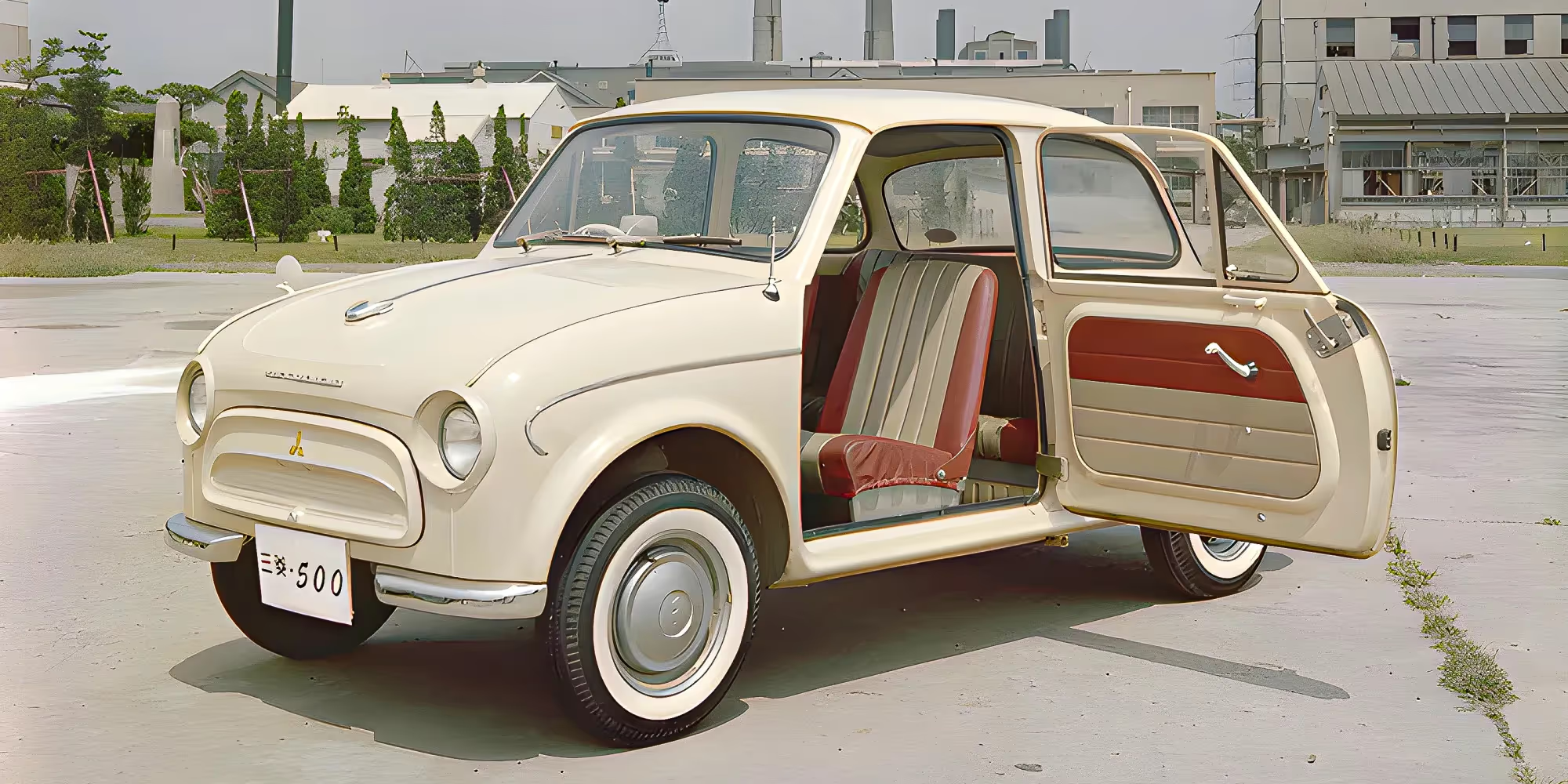What does the Japanese car market look like?
The Japanese automotive market is also very popular in European countries. Japanese cars are solidly made, often have interesting solutions and applicationswho are difficult to meet anywhere else. It is therefore not surprising that so many people decide to import them to Europe. So, it is worth knowing how exactly the Japanese car market looks and what you should definitely pay attention to when choosing a particular model.
Table of contents:
- The Japanese domestic market, or JDM
- Improving JDM. What modifications are used?
- The Japanese car market is original
- What else distinguishes Japanese cars from others?
The domestic Japanese automotive market, or JDM
JDM is an English abbreviation that stands for Japanese Domestic Market, which we can translate as Japanese domestic market. Of course, it is a term that can mean many different fields, but it is most often used precisely in relation to the Japanese automotive market. Moreover, this phrase is most often used by residents of the United States who are interested in the Japanese market and Japanese cars. As a rule, however, these are vehicles that are intended for the domestic market. Very often these are cars that have undergone various refinements and modifications, but not for aesthetic reasons, but only to adapt them to street racing or drift. Every lover of fast driving knows for sure that sometimes little is enough for the car to fit exactly the task at hand. Often it is a matter of even one additional element.
Refining the Japanese car market - what modifications are being applied?
The Japanese Automotive Market (JDM), as already mentioned in the opening part, is very common Cars from Japanwhich are adapted to the races. That's why when making revisions it is taken into account that they remain light and do not contain supersoftware elements, which will not work when driving fast, on the contrary. Car enthusiasts who decide to do this, as a rule, let go of the quirks such as tinted windows or expensive car-audio systems. What modifications are worth paying attention to then? First of all:
- lighter rims are mounted,
- some body elements are replaced with additives made of carbon fiber,
- In addition, the suspension is reduced.
Separate attention in these Japanese cars deserves the engine. It should be fully adapted to high revs, and in addition to this, some opt for an additional turbocharger.
That's all However, this does not mean that those involved in the Japanese car market completely abandon aesthetic additions. First of all, characteristic of this style are the turn signals, enriched with orange shades, which light up when the parking lights turn on. For this type of Japanese cars, license plates are also reduced. The Japanese car market meets car enthusiasts and produces accessories with which you can “characterize” your car yourself - also living outside Japan.
The Japanese car market is original
It is impossible to deny that the Japanese car market is simply extremely original. Adapting cars to specific needs has led to the creation of a whole trend, fashion and style. Many people decide to import a car along with Transporting a car from Japan Precisely because it has improvements and accessories that you would look for in vain in the United States or in Europe. The fascination with it made many wealthy people living outside of Japan begin to imitate this style for their needs. Thus, they began to use additives that can be brought from Japan or simply by pulling the whole car with you, including used cars from Japan. A car enthusiast will surely recognize without any problem quickly which car was inspired by Japanese influences. There are really many options, because in total in any car you can replace almost everything.
Japanese cars - what else do they stand out from the rest?
Japanese cars most often present a very favorable and convincing price-quality ratio. That is why they are chosen not only in the country, but also outside the country. As a rule, these are trouble-free cars that will make you forget about visits to the mechanic for a long time! The Japanese also produce very good sports cars, which will surely be appreciated by many lovers of fast driving and vehicles preserved precisely in this style. It is also worth paying attention to Mercedes from Japan and Classic cars from Japan. Newer models that can be found on the Japanese market also offer advanced technological options. The Japanese are very fond of systems that improve their lives, so, as you can guess, these solutions are also not lacking in manufactured vehicles. The first dedicated navigation in the world to reach the hands of motorists was installed in the Lexus LS. In Japan, newer and more advanced technological solutions are being developed all the time.
Are you interested in the Japanese car market? Be sure to check which cars will be best for you!









